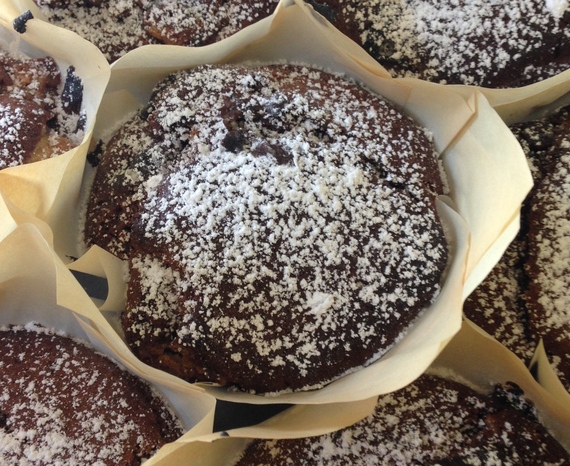
We change our hairstyles as we age, we adjust our wardrobe as the years roll by, but we never look at our diet as something that may need tweaking a little as we enter our middle years.
Why is this?
Just as some hair and make up mistakes can have you looking older than you are, some foods can be causing you to pile on the pounds as you enter the menopause phase of your life.
Making the right food choices can make a profound influence in how you cope with menopause symptoms such as mood swings and hot flushes, as well as bloating and weight gain.
Here is a list of my top four foods to avoid, and what foods you should replace them with. By following these simple tips will make a positive impact on easing your menopause transition.
- Processed foods: these foods include fast takeaways, breakfast cereals, biscuits, cakes and canned pastas. Basically the list includes any food that has been highly processed, thus devoid of nutrients and can have you hungry again within an hour of eating.
Replace with: get back into the kitchen and discover the joys of making your own foods. When you create your own meals you are in control. You know what ingredients are being used leaving no room for error in your quest to limit weight gain in the menopause.
I discovered this wonderful salad recipe while out visiting a friend and made my own version. It is quick and simple and one that the whole family will enjoy.
Sugar-free does not mean eating foods sweetened with xylitol or agave syrup or any other exotic sounding name that is misleading consumers.
Sugar substitutes are not healthier and they do not help you lose weight. They do the opposite. Most sugar substitutes do not cross the blood/brain barrier hence you do not get the "sugar kick" you are looking for and end up eating more of the product. You also develop an increased cravings for these products, which can be a difficult habit to break.
Replace with: Going sugar-free is completely unrealistic and a sure recipe for disaster if you choose this path. The best path is to eat natural sugars in moderation, such as honey, dates, fruits and do enjoy the occasional indulgence.
Fat-free usually means replaced with another harmful ingredient instead. Fat-free yogurts are usually higher in sugar content and many food products are laden with hydrogenated oils that can lead to heart and cholesterol problems.
Fat free foods are devoid of essential omega 3 fatty acids. Low levels of these omega-3s can cause many health issues in menopause, such as vaginal dryness, thinning hair,dry skin, cracked nails, fatigue, depression, lack of motivation, and difficulty in losing weight.
Replace with: Omega-3 fatty acids have been shown to help many of the menopausal symptoms that some women experience.
The best food sources for fatty intake are herring, sardines, salmon, flaxseeds, walnuts, spinach and avocado.
Alcohol also provides empty calories, slows down the clearance of estrogen and metabolic waste from the tissues both of which contributes to the weight gain in the stomach area commonly referred to as muffin top or middle-age spread.
Replace with: You will be pleased to know that you do not have to give up on alcohol completely. My recommendations include drinking plenty of water between drinks, decreasing the amount of alcohol in each sitting or perhaps watering down your drinks.
Julie Dargan is a nurse and naturopath who struggled through the menopause transition with many symptoms including weight gain and anger issues. She then went on a new path of discovery of healing through diet and lifestyle changes. Not only did she lose 25 kg, she also gained an energetic & vibrant life.
Earlier on Huff/Post50:

